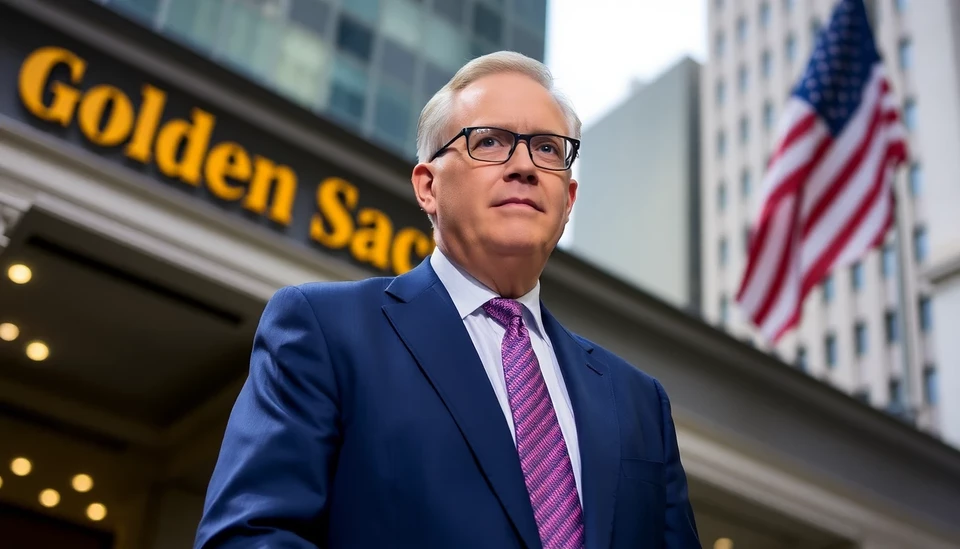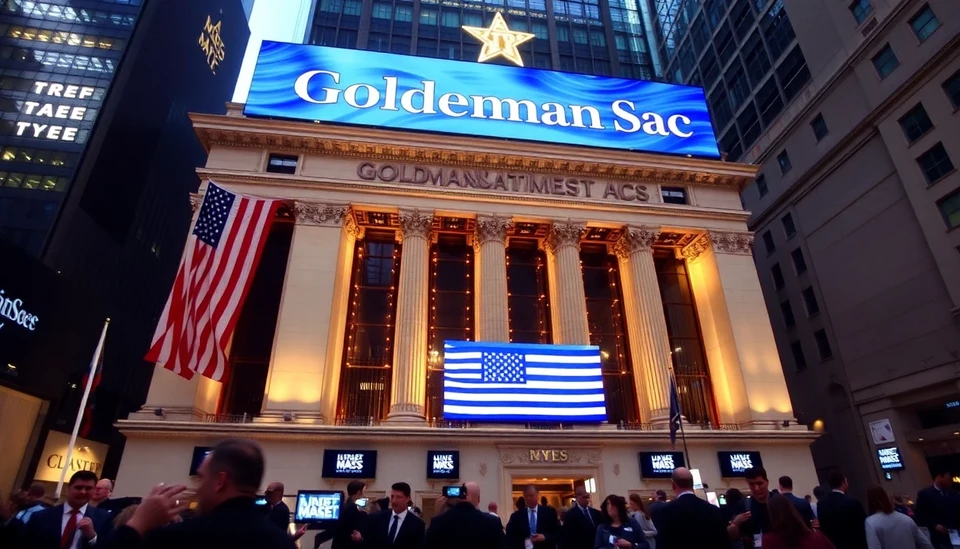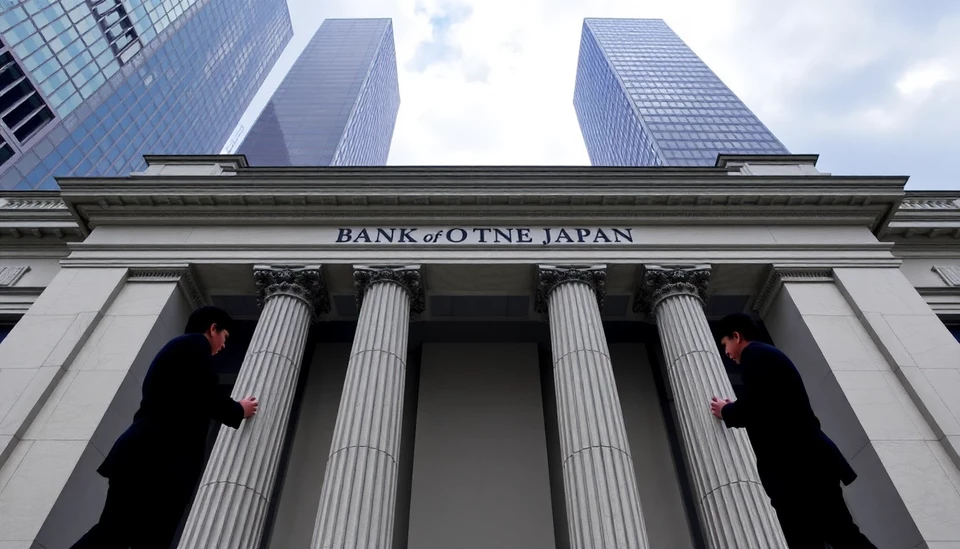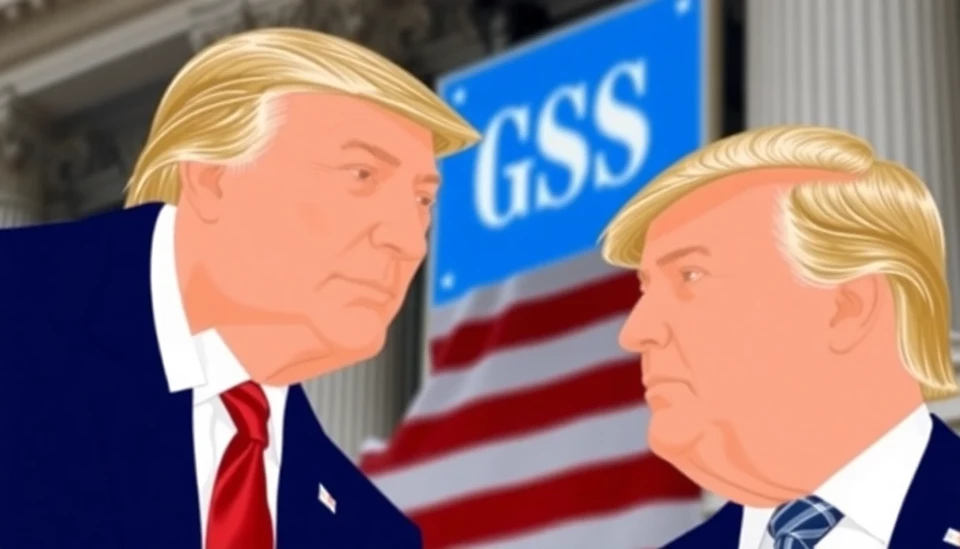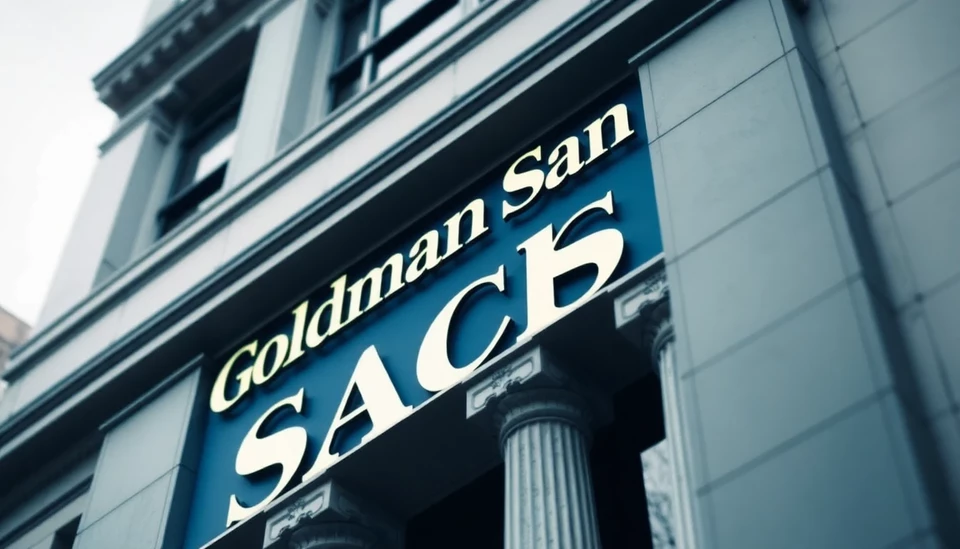
In a significant update that has captured the attention of both investors and analysts, Goldman Sachs has raised its estimation of a U.S. recession occurring within the next 12 months to 65%. This forecast reflects the growing uncertainty surrounding the American economy, driven by various factors including rising interest rates, inflationary pressures, and global economic conditions.
The financial giant’s economists have provided a detailed analysis of the potential triggers for this economic downturn. They outlined that the federal interest rate hikes aimed at tempering inflation could lead to decreased consumer spending, business investment, and ultimately contribute to an economic slowdown. As interest rates continue to climb, the cost of borrowing increases, which may deter spending in both personal and corporate sectors.
Goldman's latest outlook contrasts with previous forecasts, which held a more optimistic view of the economic trajectory. The reassessment signals growing concern among major financial institutions regarding the resilience of the U.S. economy amid a rapidly changing financial landscape. Factors such as geopolitical tensions, supply chain disruptions, and fluctuating energy prices also weigh heavily on economic projections.
Moreover, the report emphasized the likelihood of the labor market slowing down, as firms may begin to implement hiring freezes or layoffs in response to decreasing demand for goods and services. The ripple effects of a recession could have profound implications, not only for businesses and the job market but also for everyday consumers and their purchasing power.
Goldman Sachs’ economists have also noted that historical patterns suggest public sentiment may shift in response to these economic indicators. Consumer confidence, often a key driver in economic performance, could wane as fears of a recession become more pronounced. This self-reinforcing cycle may exacerbate the effects of any downturn, leading to a more prolonged economic recovery period.
Investors are advised to brace for heightened market volatility as these projections unfold. Market analysts anticipate that sectors such as technology and consumer discretionary may face significant headwinds should a recession materialize. Conversely, sectors considered more stable, such as utilities and consumer staples, could attract increased investor interest as individuals seek safer investment options.
In conclusion, Goldman Sachs' warning is a call for cautious optimism. With a 65% probability of a recession looming on the horizon, both individuals and businesses must prepare for the potential shifting economic landscape. The financial industry will be watching closely as conditions develop over the coming months, and strategic adjustments may become necessary to navigate potential economic challenges.
For more updates, stay informed and engaged as we track the evolving situation surrounding the U.S. economy.
#GoldmanSachs #USEconomy #RecessionWatch #InterestRates #Inflation #EconomicForecast #MarketVolatility #InvestingTips
Author: Rachel Greene
